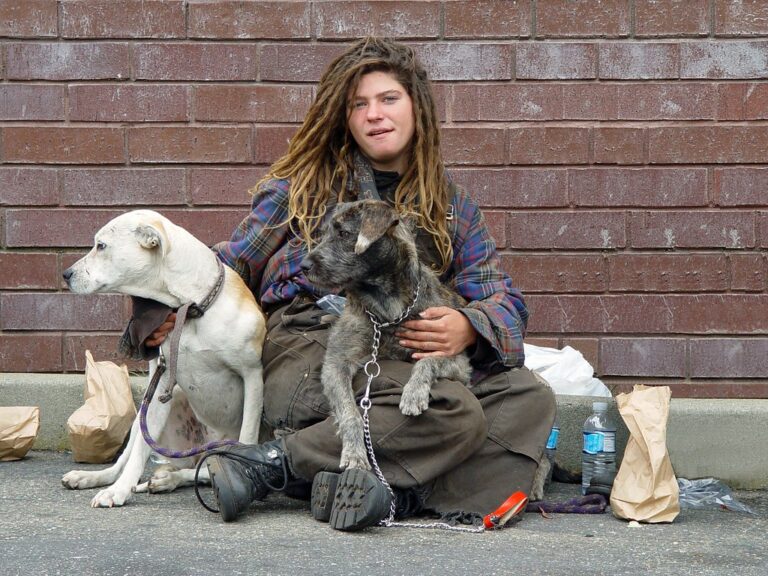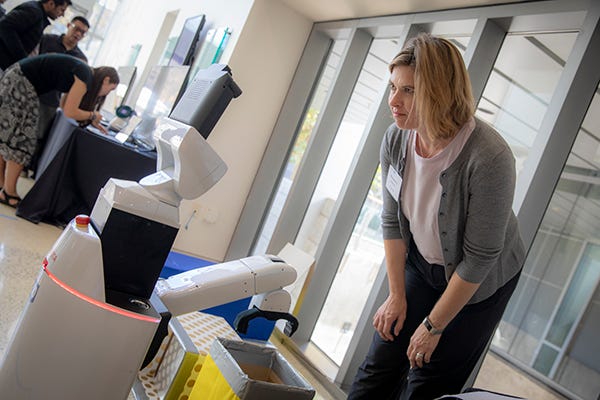
The Department of Homeland Security (DHS) and the Department of Justice (DOJ) are under renewed pressure over controversial policies that permit the collection of DNA from migrant children, including toddlers and teens. Privacy advocates and lawmakers argue that the practice raises serious ethical and legal concerns, with long-term implications for personal privacy.
Why Is Children’s DNA Being Collected?
Under a 2020 DOJ rule, federal agencies can collect DNA from detained migrants—including minors—and store it in a massive FBI criminal database. The policy was initially justified as a way to enhance law enforcement efforts, but critics say it unfairly targets vulnerable populations.
- Lack of Consent: Many children, especially those separated from families, cannot meaningfully consent.
- Permanent Storage: DNA profiles may remain in the FBI’s CODIS database indefinitely.
- Potential Misuse: Privacy experts fear data could be used beyond its original intent.
Legal and Ethical Backlash
Civil rights groups, including the Electronic Frontier Foundation (EFF) and the American Civil Liberties Union (ACLU), have condemned the practice.
“Collecting DNA from children, often without parental consent, is a severe violation of privacy,” said Jennifer Lynch, Surveillance Litigation Director at EFF. “This data could be misused for surveillance or shared with other agencies.”
Lawmakers are also pushing back. In a recent letter to DHS and DOJ, a group of senators demanded transparency, questioning whether the policy aligns with constitutional rights.
What Happens Next?
With increasing public scrutiny, the agencies may face legal challenges or policy revisions. Meanwhile, advocacy groups urge:
- Stricter Regulations: Clear limits on DNA collection from minors.
- Parental Consent Requirements: Ensuring families are fully informed.
- Data Deletion Policies: Removing DNA records once cases are resolved.
As debates continue, the balance between national security and individual privacy remains a critical issue.







